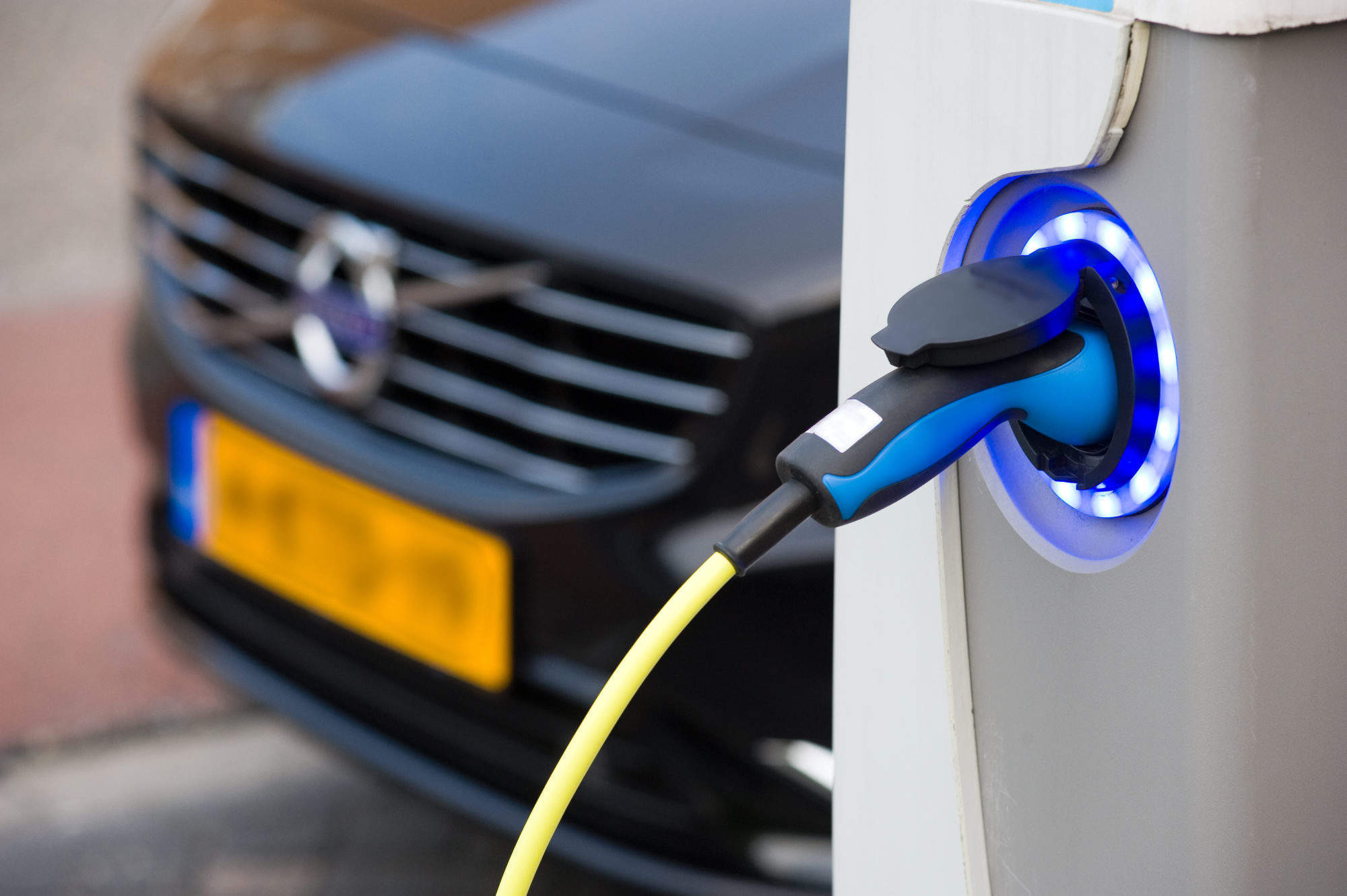
National Grid has identified smart charging as an integral way to meet the growing power demand created by the rising number of electric vehicles (EVs) on UK roads. The report sees smart charging electric vehicles as “a significant enabler to reduce the impact of EV charging at peak times”.
In the annual report, National Grid presents four scenarios for the UK’s future energy supply and demand. The scenarios help the company plan for uncertain energy outcomes in a rapidly changing landscape.
It found that the number of electric vehicles is expected to rise to 11 million by 2030.
By 2040, that number is expected to rise to 36 million, a 26,567% increase on the 135,000 electric vehicles currently on UK roads.
As a result, peak power demand is expected to increase by 5GW and 8GW by 2030, but National Grid anticipates that peak demand can be managed through smart charging, a technology that can adapt to the changing demands of the energy grid.
For example, an EV can use smart charging to reduce rates when demand is high and increase them when demand is low.
How well do you really know your competitors?
Access the most comprehensive Company Profiles on the market, powered by GlobalData. Save hours of research. Gain competitive edge.

Thank you!
Your download email will arrive shortly
Not ready to buy yet? Download a free sample
We are confident about the unique quality of our Company Profiles. However, we want you to make the most beneficial decision for your business, so we offer a free sample that you can download by submitting the below form
By GlobalDataThe report classifies a consumer as participating in smart charging if they do not charge their EVs at peak times “wherever possible”.
“This peak time avoidance is done as a lifestyle choice and because there are more incentives […] available to encourage this behaviour,” said the report.
Laurence Chittock, senior transport modeller at consultancy Mott MacDonald, told Verdict that failing to manage EV charging could place a “significant” burden on the electricity network.
“National Grid, therefore, see smart charging as essential to avoid a large and unmanageable increase to peak demand,” he said.
“Their scenarios anticipate that between 61-78% of EV charging will take place outside of peak hours, with this behaviour rewarded with variable tariffs.”
In the report’s scenarios, smart charging was found to reduce peak demand by 8GW in 2030 and 32GW by 2040.
“There will be a significant increase in electricity infrastructure, from new renewable generation to electric vehicle charging networks,” said National Grid UK system operator Fintan Slye in the report’s foreword.
Smart charging electric vehicles: vehicle-to-grid technology
The report stated that smart charging could be used in combination with vehicle-to-grid (V2G) technology to further assist growing demand. V2G enables the two-way flow of electricity between EVs and the electricity grid, returning energy when there is high demand.
The report found that a non-commercial car is not being driven 96% of the time, providing a long window to either draw or supply energy from the grid.
By 2040, National Grid expects V2G to reduce peak demand by as much as 8GW, rising to 13GW in 2050.
However, there are concerns that this could reduce the lifespan of an EV battery, as batteries have a finite number of charging cycles.
Chittock said that technologies such as V2G are “less likely to be widespread, yet will be useful for electricity market balancing if they can be appropriately marketed to consumers.”
Autonomous electric vehicles
The predicted increase of autonomous vehicles is also expected to reduce electricity demand. One projection found that autonomous vehicles will encourage ridesharing and reduce the number of cars on the road. The communication between autonomous cars also makes them more efficient and avoids power-draining congestion.
Autonomous cars could also change the nature of charging, with vehicles driving themselves to charging locations when the output from renewable energy is high and the price of energy is low.
The report found that an autonomous EV could do more than double the mileage of a conventional EV while transporting four times the number of people.

However, using autonomous cars could also increase electricity usage per person. For example, an elderly couple could call an autonomous car instead of using public transport.
“It’s not clear to what extent this technology may increase or decrease overall mileage,” said Chittock. “However, it’s likely that if AVs are shared and owned by fleet companies then smart charging will take place due to financial incentives.”
The government’s electric vehicle strategy
The shift from petrol and diesel-powered cars is part of the UK’s strategy to reduce carbon emissions by 80% before 2050. Last year, the government said it would ban the sale of new petrol and diesel road vehicles from 2040.
Yesterday, the Department for Transport outlined its strategy towards cleaner road transport by offering subsidies and rolling out more charge points on public roads.
The government’s target to put more electric cars on the road has raised concerns that the grid will not be able to cope, but National Grid’s report found that “in all our scenarios, peak demand from EVs is managed through smart charging.”
BP recently showed that it is planning for an electric future with the purchase of the UK’s largest electric vehicle charging company. However, BP predicts that there will be just 12 million EVs on the road by 2040, 33% less than the National Grid’s forecast.
Although the UK continues to head towards a greener energy supply, Slye said that gas will “remain crucial for both heating and electricity generation in all scenarios for the coming decades.”



